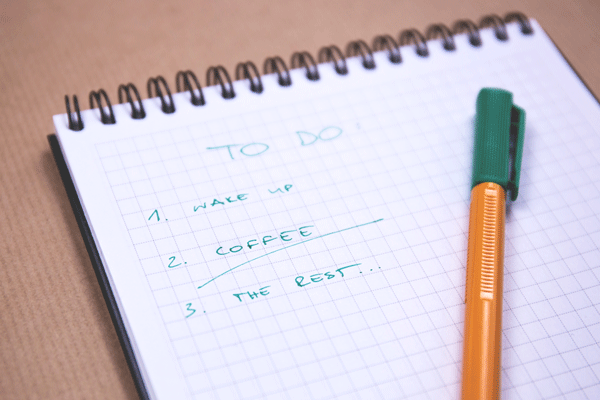Remembering Not to Forget
Published on March 21, 2017, at 11:00 a.m.
by Terrika Woods.
I don’t know about you, but I have a horrible memory and sometimes forget that I have a horrible memory. Some might ask, “Does this affect your life?” Ha, if you only knew.
Whether it’s a friend’s birthday or a very important assignment, at the end of the day it makes me look careless or uninterested. That’s not the case AT ALL.
I don’t intentionally forget things that I really need to remember. I’ve noticed that at my age, 21, this problem seems to be more common than not. I have come to the conclusion that it has to do with taking 17 hours’ worth of courses, lacking sleep, working and the pressure of remembering to remember.
Is this something that I can do when I get into the real world? I would highly argue that it is not sustainable. So, how do I improve this skill before I have the responsibility of being a “real” adult?
I have recently started following these three tips and found that they have helped me a lot.

Take a break, and I mean a real break. Whenever I used to say that I was going to take a break, that normally meant that I would stop stressing about one thing and start stressing about another.
Now, I have a list of (important, but not urgent) things that I can’t always get to and I do those things. I love catching up with long-distance friends during my breaks. Create a list of things that you like to do and reward yourself by taking a break and doing them. Remember that this is just a break, so don’t try to binge watch “Law and Order.”
Write down the things you need to remember, and do so several times. I found this strategy works wonders! If I need to apply for an internship, then I write it down in my planner, on random sticky notes and on class notes. This way anytime I open something, I see it and it reminds me to do it right then, or I find something else to write it down on.
Explain your “things to do” to a friend. This extra step will allow someone to hold you accountable. One of my friends keeps a list of things that I need to do and will randomly text me to make sure that I’m completing them.
A friend can also help you prioritize. At times, I try to talk myself into thinking that I can do something later, knowing that I am going to forget. My friend will often help me weigh the pros and cons of waiting until the last minute to do things. Find someone who has a good memory and ask them to help you.
I’ve noticed that remembering is really a game for me. It’s all about how you play it. At the end of the day, we are human and we forget things. It’s completely normal, but try these tips to see if you start winning this lifelong game.





